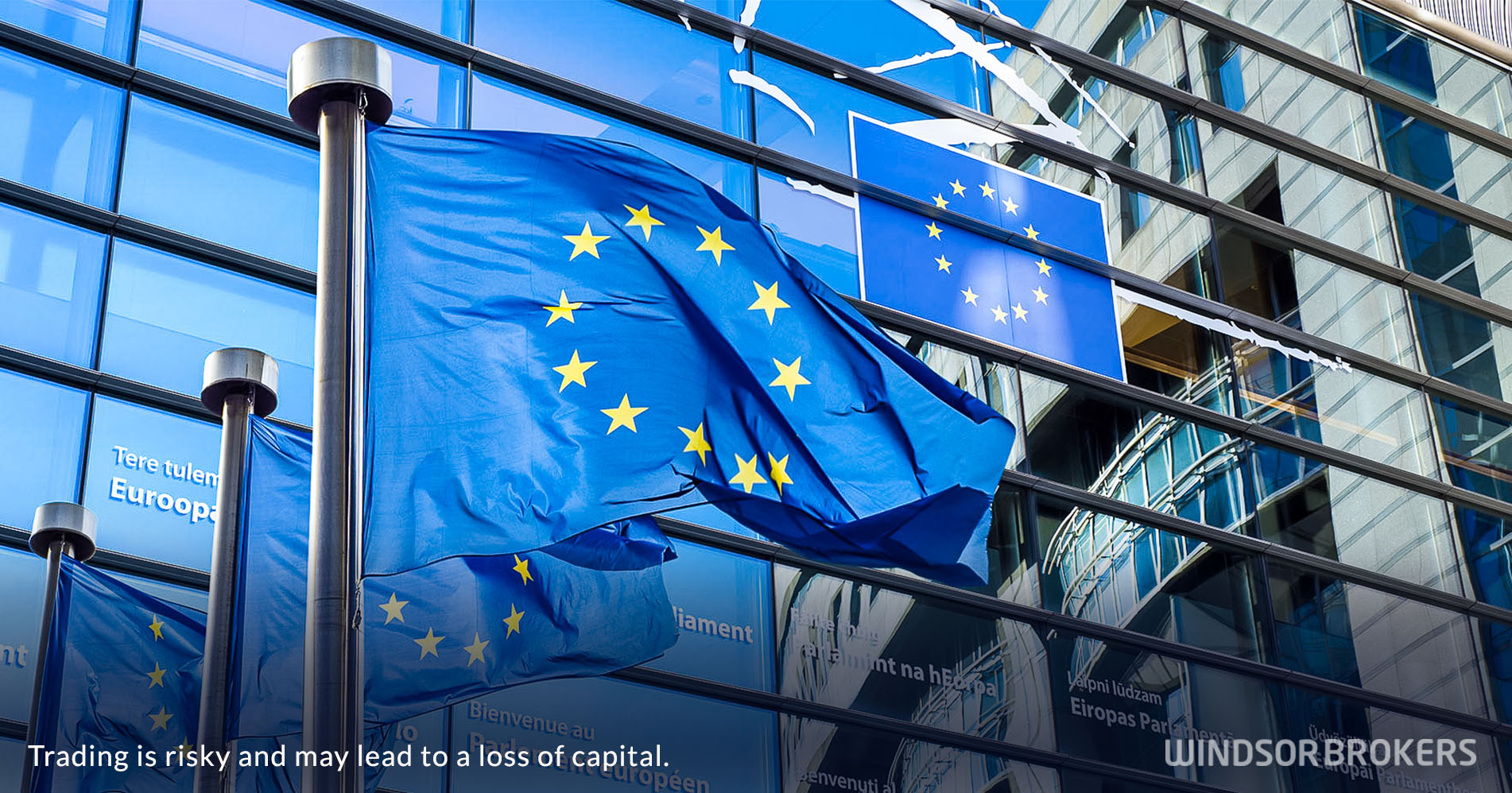Deepening crisis prompts the EU to overhaul its fiscal rules
European Union fiscal rules have been called many names and changed many times but were not designed to deal with the crisis the bloc is currently facing.
The European Union finance ministers will meet on Saturday to discuss the issue, confronted with high debt after two years of boosting economies during the coronavirus pandemic and huge investment needs to prevent the ultimate crisis of climate change.
The additional problem that worsens the situation is crisis caused by surging cost-of-living, with record high inflation, soaring energy costs on a counter effect on sanctions, as Russia slashes gas supplies to Europe, as well as a looming recession that is already draining hundreds of billions from government funds in various support measures, with more very likely to come.
EU rules, conceptually rooted in the economically more stable times known as the “Great Moderation” in the 1990s and aimed mainly at safeguarding the value of the euro through curbs on government borrowing, have a hard time coping with all that.
EU top officials say public debt must be below 60% of gross domestic product and government deficit below 3% of GDP, but the pandemic left many countries with debt well above 100% of GDP, with Greece at around 185% and Italy around 150%, and 2021 deficits often twice the EU limit.
This makes it impossible for many governments to adhere to the EU rule that they should cut debt each year by 1/20th of the difference between its current level and 60% of GDP.
Position papers of France, Italy, Germany, Spain and the Netherlands as well as senior EU officials say the 1/20th rule will therefore have to go – either explicitly, or because governments and the Commission agree not to apply it.
But it is not clear what it could be replaced with. Berlin thinks governments should simply cut their structural deficit every year by at least 0.5% of GDP until they reach balance. That, combined with economic growth, would take care of debt, with similar model likely to adopted by EU officials.
Talks on the changes are likely to take months, possibly into the second quarter of 2023. The rules will stay suspended next year to give governments time and space to shield economies from the energy crisis.
The European Commission is expected to present its proposals on how the framework could be changed in the second half of October.


